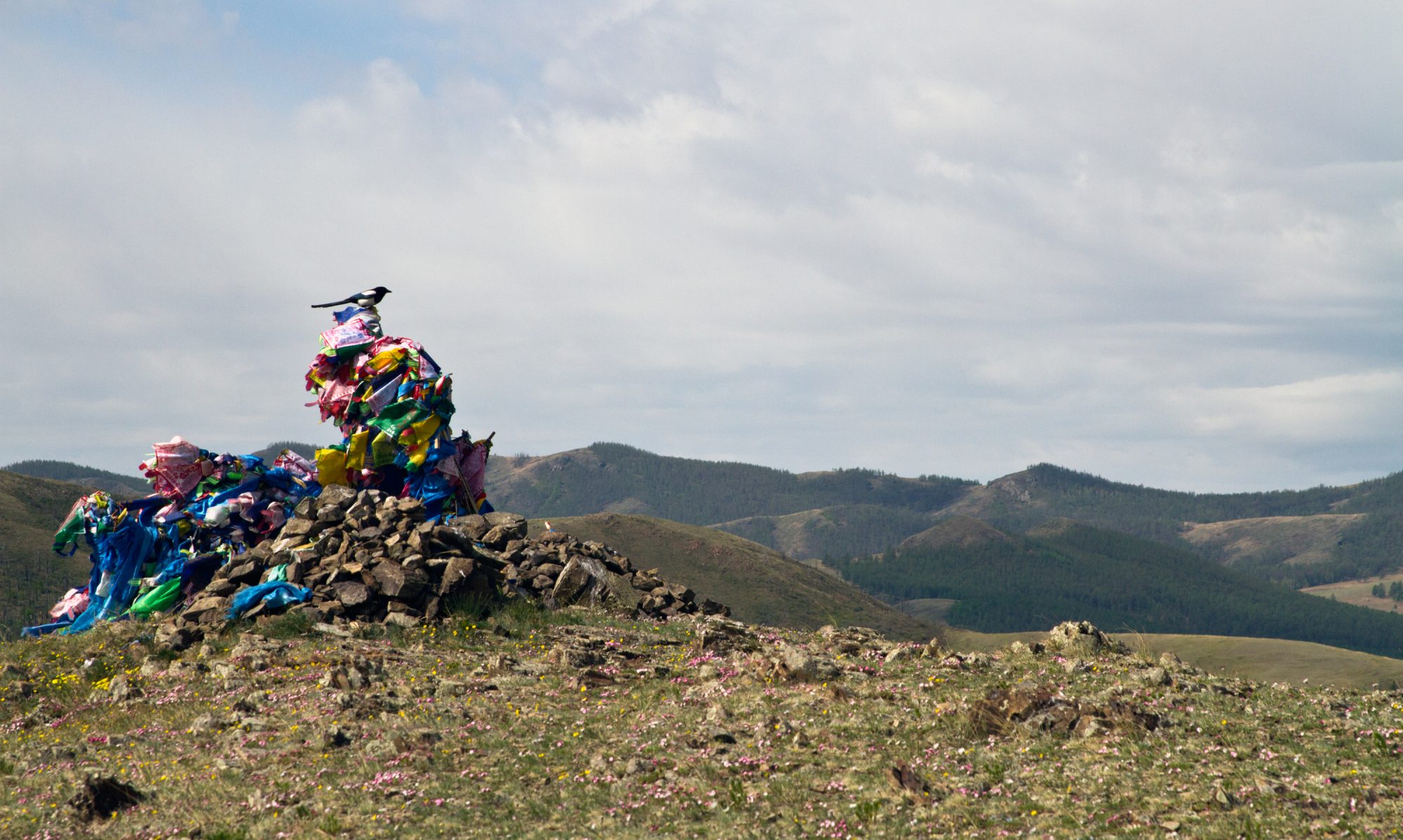Adventure has no place in the anthropologist’s profession; it is merely one of those unavoidable drawbacks, which detract from his effective work through the incidental loss of weeks or months; there are hours of inaction when the informant is not available; periods of hunger, exhaustion, sickness perhaps; and always the thousand and one dreary tasks which eat away the days to no purpose…
Having read the first two chapters of Tristes Tropiques, I can only say that I like how Levi-Strauss fleshes out his narrative. In the first chapter he firmly states his dislike of the travel genre, cutting himself off (or setting himself apart) from it and all its weaknesses. By the second chapter, though, he’s added a historical element, provided a context both personal and historical for the writing of the book. It’s the promise of flesh (observations on history and culture and his own personal development) for the skeleton he set out in the first chapter (anthropologist goes to Brazil). A good start for what looks like a complex and thoughtful book.

The main engine of the book seems to be in concepts: I think you’re right that there isn’t just a simple narrative connection between the first two chapters. If there was one, it would go like this: once upon a time, I left for Brazil. (It was in such-and-such circumstances.) Then, later, I left for Brazil. (It was in these other set of circumstances.) One event doesn’t just follow from the other. Something else is at work here. The second chapter recontextualizes the departure of the first, on several levels; or, as you put it, it seems to me, the second chapter shows the axes whereon we can find what happens in the first.
Something else you touch on: the status of the book. What kind of book is it? Self-assessment seems to be a major part of the book. He’s constantly telling you what kind of book it’s not.
Right out of the gate, most of the first couple pages make clear that it’s not a travel book. It also turns out not to be a stack of other books that it yet resembles. It’s not his memoirs or journals, though he quotes from them; it’s not the autobiographical novel he started to write after returning from Brazil, though it shares much with that; it’s not the tragedy he started to write in Brazil; it’s not a collection of papers or a scholarly work, though he does reprint as chapters some studies he had published in anthropological journals.
To my mind, it fits best in one of two idiosyncratic categories. There is a kind of book which tells about a strange place a person has lived, tells about the life that person lived there, and tells how the person has been changed by that life and how that life has ended. Out of Africa might be a good example of this kind of book.
Then there’s another kind of book which puts forward an eccentric worldview and describes the strange paths of thought through which that worldview came to be. A Vision or The White Goddess come to mind in this category. I can’t decide which category Tristes Tropiques fits in best, or anyhow least poorly.
I think you’ve put your finger on the reason why this is not a straight-up travel book: because the vast majority of writers in this genre, it seems to me (with my vast experience of the subject), are not changed by the life they lead in the strange place or do not try to lead a new sort of life at all. That’s one of the reasons so many travel books are not very compelling – or compelling only in their exoticism.
Thinking about it a little more: I can’t seem to wriggle myself into a point of view where the book isn’t some kind of hybrid (or salad) of different books. But that seems to be of a piece with the hybrid experience he’s trying to relate. (Or the hybrid insight he wants to get across. Or the hybrid picture of the hybridized world he sees.) So you’re right, he escapes the exoticism that robs its subject of depth. But he makes the exotic world he visits a flat glass to view the state of the rest of the world, robbing it of its peculiarities in a different way (while giving the most minute, vivid description of those peculiarities). It seems like a strange braid of heterogenous threads, and the more I try to pick it apart, the more tangled I get in it.